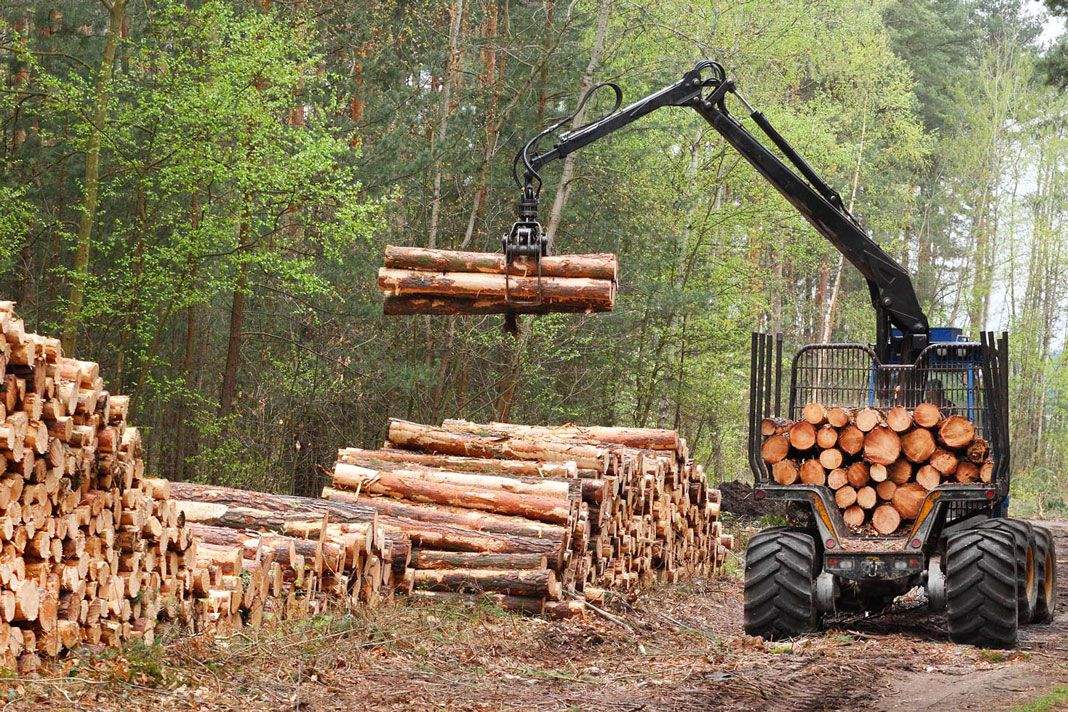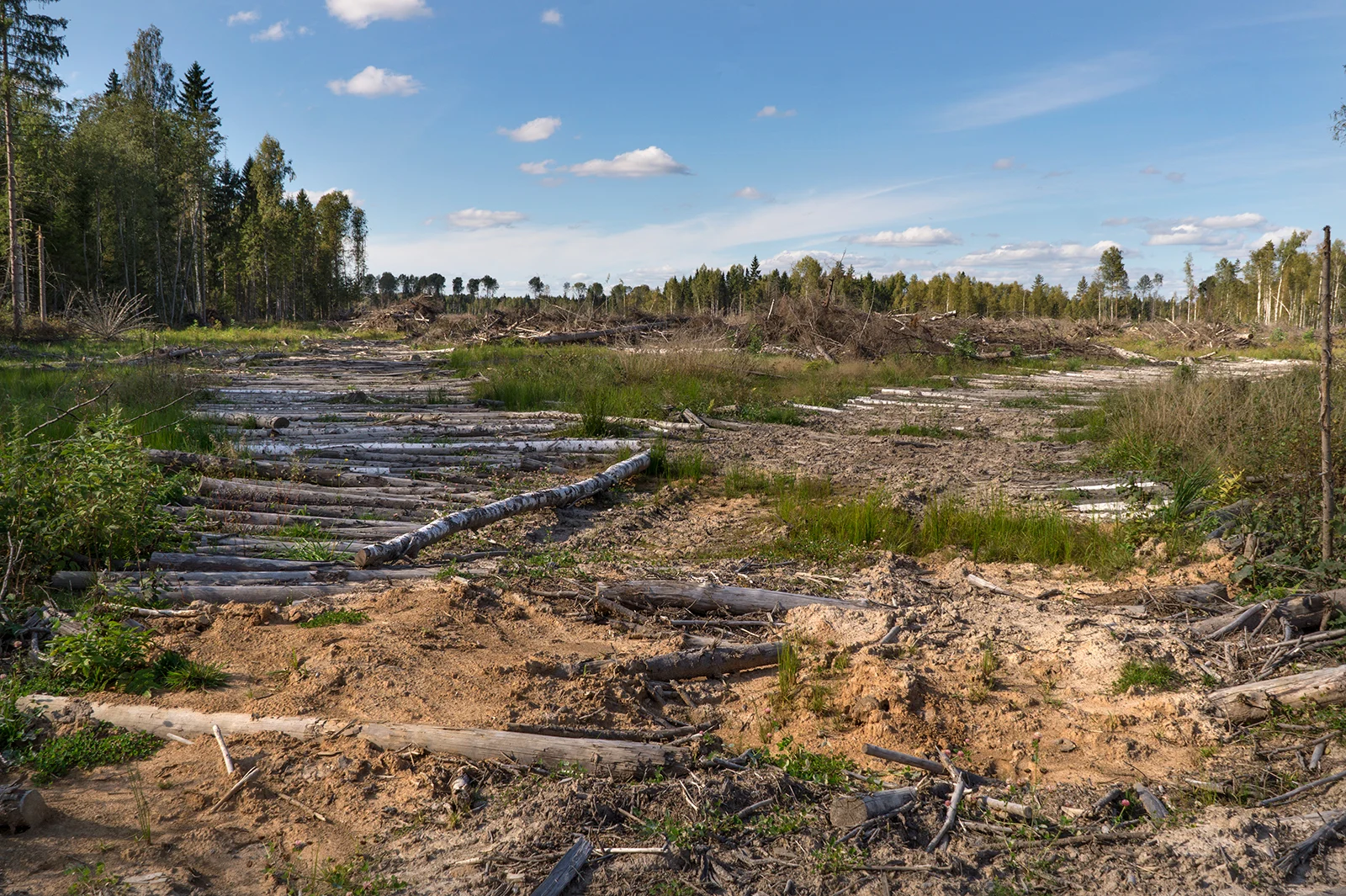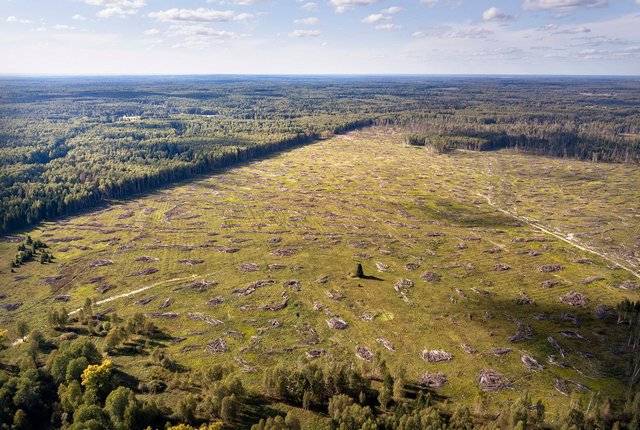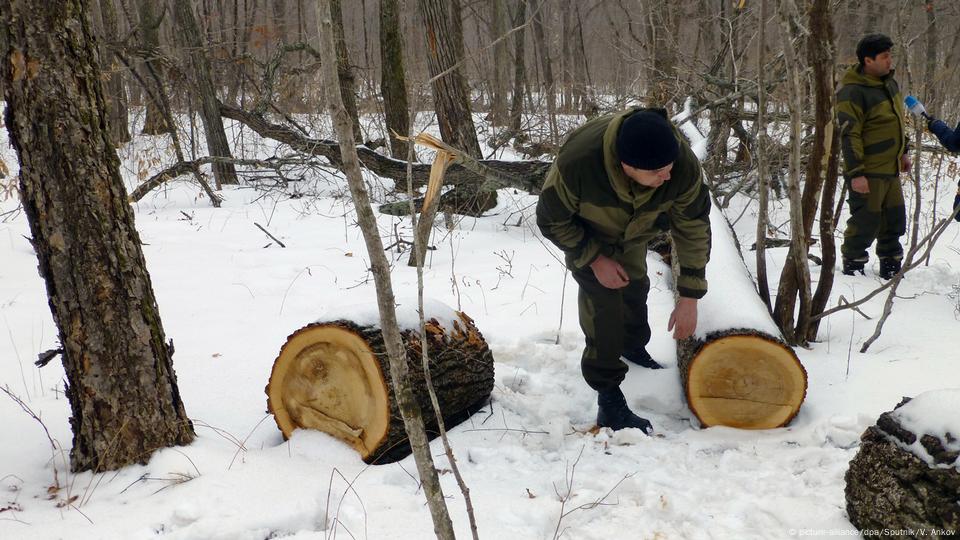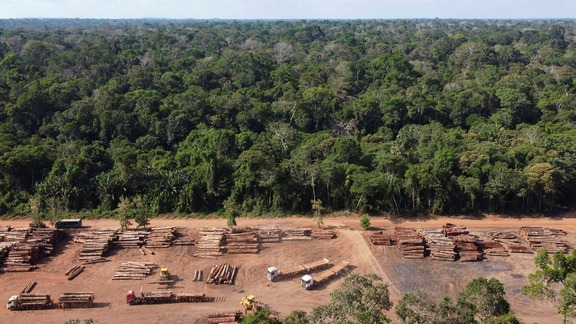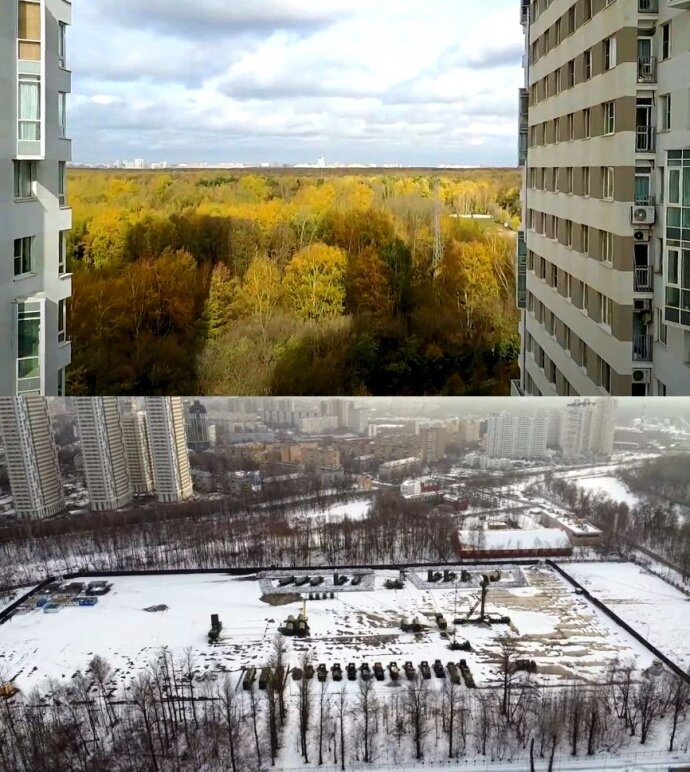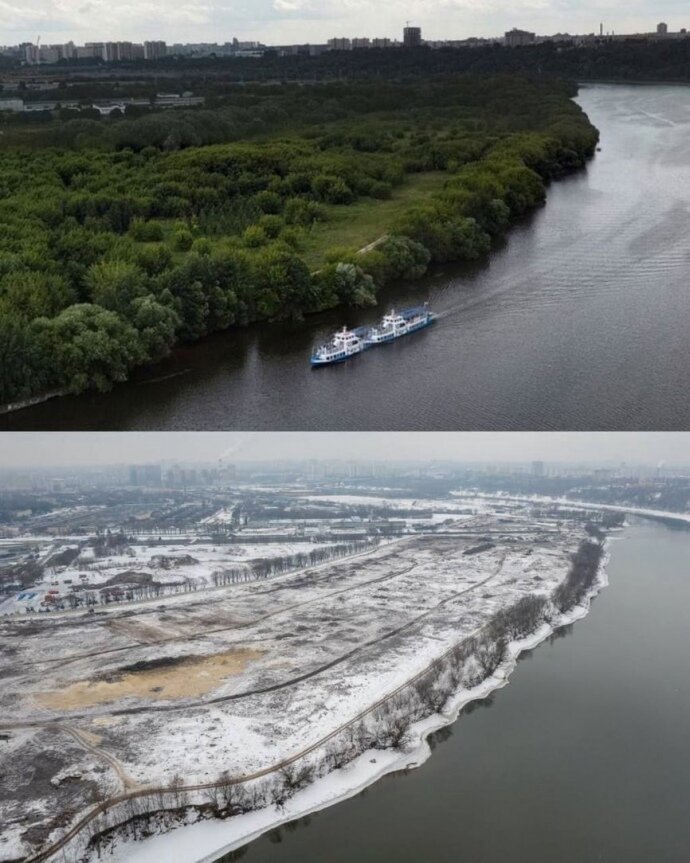- hot-spots
- deforestation
- Russian Federation
- Illegal logging in the Russian Far East and Siberia
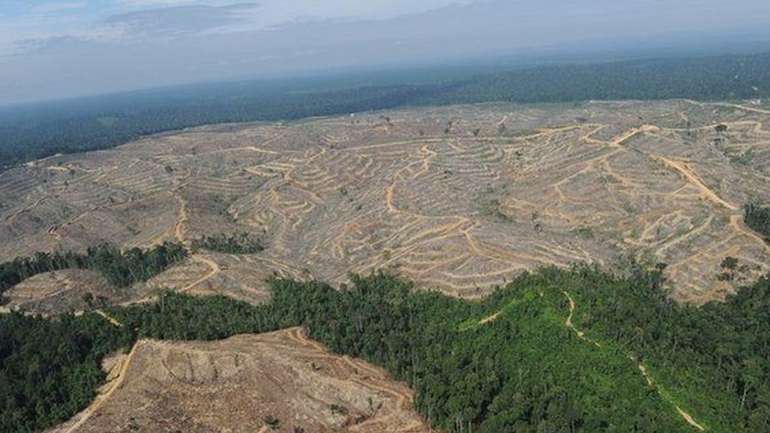
Illegal logging in the Russian Far East and Siberia
Russian Federation
last update:
2 months agoProblems
Illegal logging of valuable species in the Far East
Illegal logging of valuable species in the Far East has reached a critical scale. Ten years ago WWF sounded the alarm by reporting about the increasing rate of illegal logging in the Far East and warned that without tough measures from the federal and regional authorities there was a real threat of criminalization of the forest sector and depletion of valuable timber reserves. Unfortunately, the forecasts made by WWF in 2002 were realized in the worst way possible. A comparative analysis shows that between 2004 and 2011 the volume of Mongolian oak timber harvested for export to China exceeded the volume of permitted forest use 2-4 times. Chinese manufacturers of parquetry and furniture purchase such valuable wood species as oak, ash, elm, and lime in volumes significantly exceeding those officially permitted for harvesting and exceeding the limits of sustainable forest management. Much of the finished product is destined for markets in the United States, Japan, and European countries, where it is purchased by consumers who are unaware of these problems.
The devastating impact of illegal logging
Illegal logging in the Far East is having a devastating effect on both the region's nature and the local population. It has resulted in the degradation of key habitats of the endangered Amur tiger and a reduction in its feeding base. Poaching is on the rise as illegal logging makes remote forested areas more accessible. In addition, they have a devastating effect on the traditional way of life and economic activities of local and indigenous people: hunting areas are reduced, and opportunities for bee-keeping and collection of pine nuts disappear. The unique pine-broadleaf forests of the Russian Far East are rapidly degrading, and yet these forests have a very high level of biodiversity.
The exploitation of valuable forest species
Depletion of resources of valuable species in exploitable forests as a result of forest theft forces both legal and illegal forest users to turn to valuable forest areas, in which industrial logging is prohibited or restricted. These are, first of all, protective forests (water and nut-protection zones, nature reserves, etc.), which, as a result of the ban on industrial logging, have still preserved significant reserves of high-quality timber. Many of these massifs represent the last forests in the region. One such area is the Bikin River basin, the world's largest massif of virgin mixed non-moral forests and home to the Udege people, an indigenous people of the Far East. Recently, there has been an almost daily intense struggle to preserve these unique forests. Combating illegal logging is one of the top priorities of the federal and regional authorities of Russia in the forest sector. The resources of valuable timber species in the Far East are being rapidly depleted as the global demand for cheap furniture and parquet produced without regard for the legality and sustainability of forest management is being met. Immediate action on the part of state authorities, forest sector companies, and consumers is required to combat illegal logging and drive illegally harvested wood out of the furniture and parquet market.
Gallery
8Timelines
2023
March 13
Moscow authorities have begun cutting down forests to deploy air defence systems in the Russian capital. As the news agency states, active deforestation started after the New Year in several districts of Moscow. S-400 anti-aircraft missile systems have been deployed in Losiny Ostrov National Park and on the research grounds of the Timiryazev Agricultural Academy. About 100 hectares of forest were cut down in the protected zone of the Kolomenskoye Museum-Reserve in the Pechatniki district of the city for the needs of the Russian military. There was no information regarding the activities on any of the state portals, and residents of the area who wondered what was happening received no response to their inquiries. The Insider noted that the distance from the experimental fields to the nearest residential multi-storey buildings is roughly 200 metres.
2021
July 16
IKEA is accused of illegal logging in Russia. In the Irkutsk region of Russia, companies linked to local official Yevhen Bakurov were illegally felling a forest. For more than ten years, under the guise of cutting down diseased trees, Bakurov sold wood to the Swedish furniture retailer IKEA, according to an investigation by the British non-governmental organization Earthlight.
2020
December 10
According to space monitoring data, the most illegal logging in 2020 was in the regions of the Siberian and Far Eastern Federal Districts.
2019
December 21
In 2019, there were about 6.6 cubic meters of illegally logged timber per 1 million hectares of space monitoring.
2018
February 16
Protests by Russian activists against cutting down the taiga forests for delivery to China have attracted media and public attention. In the Russian federal media articles are denying the existence of the problem of logging, instead "unclean citizens" are accused of spreading untrue information.
2017
November 30
Almost 200 million cubic meters of timber were supplied to China from Russia, which accounted for 30% of all timber imported to China.
